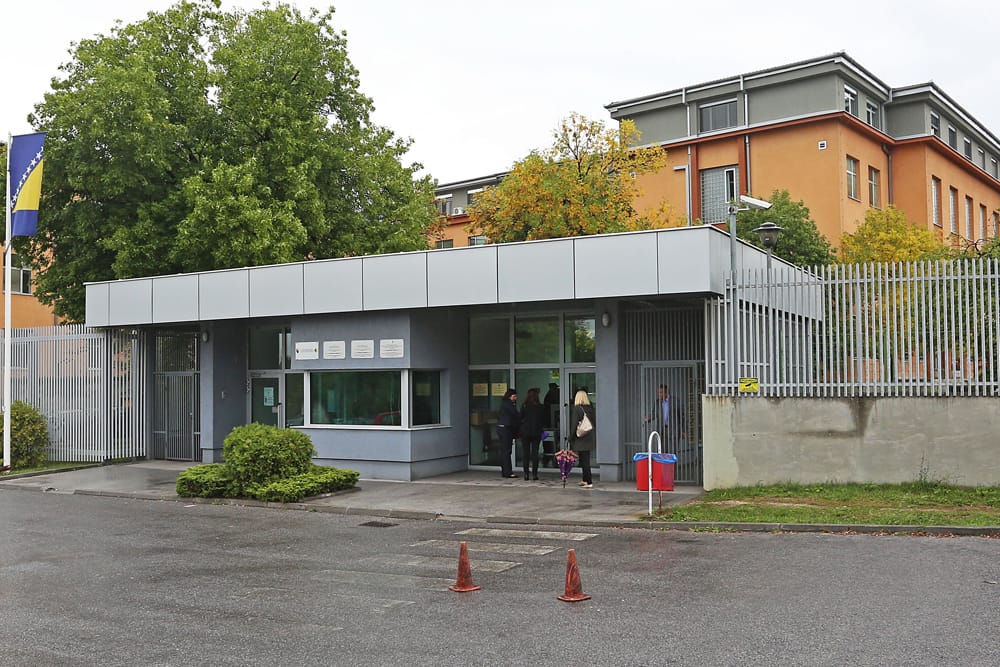
Less than five months after British lawyer Paul Richard Garlick was sworn in as an international judge for the War Crime Chamber at the State Court, he has resigned from his two-year post for professional reasons.
Every sixth representative elected to the Brčko District Assembly in the last elections has been convicted of a criminal offense. Most of them will now have the opportunity to question the work of the prosecutor’s office that indicted them, from their seats in the assembly.
A convicted drug dealer, a vote trafficker, and a forger will soon have the opportunity to judge the work of the Prosecutor’s Office in Brčko – the institution that has proven their criminal acts. These convicted individuals are now members of the newly elected Brčko District Assembly, where the prosecutor will be required to submit an annual report on the work of the prosecution.
Abdulah Iljazović from Naša stranka, Pejo Mendeš from the Hrvatska seljačka stranka, and…

Less than five months after British lawyer Paul Richard Garlick was sworn in as an international judge for the War Crime Chamber at the State Court, he has resigned from his two-year post for professional reasons.
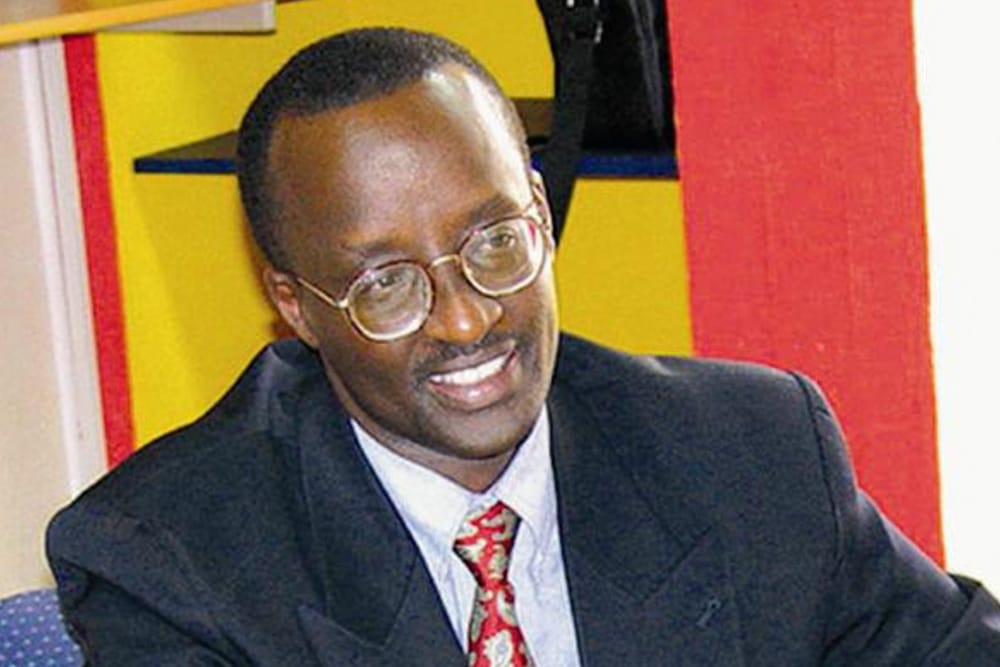
For the second time in two weeks, an international judge has announced that he is leaving the new BiH War Crimes Chamber. Top court official Branko Peric is worried about these departures will weaken public faith in the judiciary and he says it is time for Bosnians to take over more power from foreign authorities in the selection of their international judges.
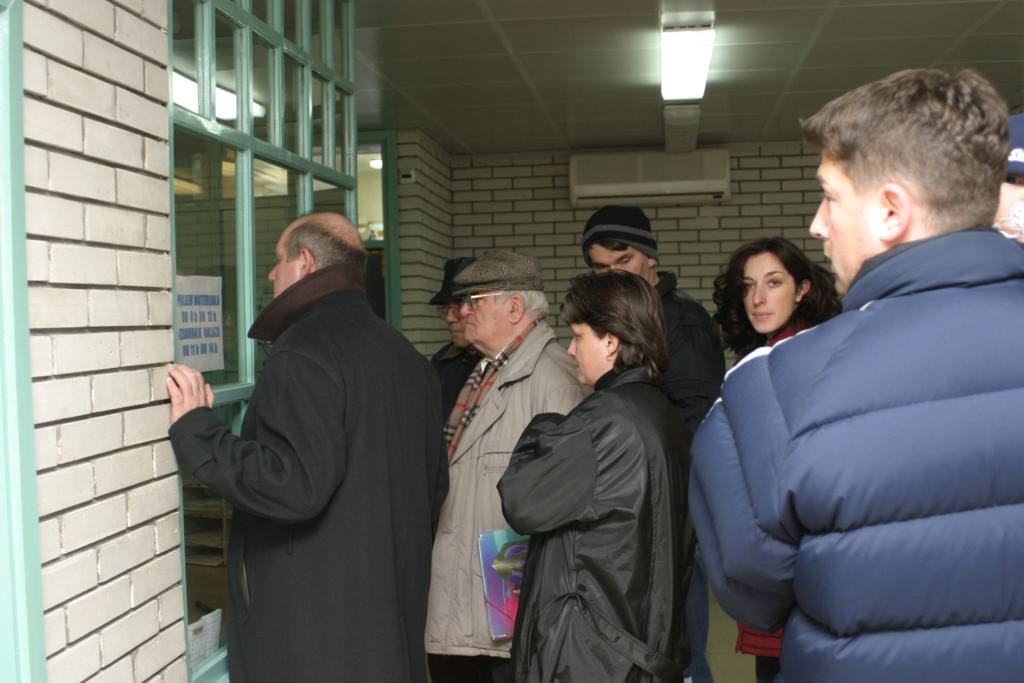
After years of lobbying for it, a medical expert believes a meeting to find solutions for BiH”s health system problems is finally about to take place.

Court officials and others say witness protection is the biggest challenge facing the court system. And while the Court of BiH’s new War Crimes Chamber has a program for protecting witnesses during trials, most war criminals will be tried in district and cantonal courts that have virtually no protection at all.
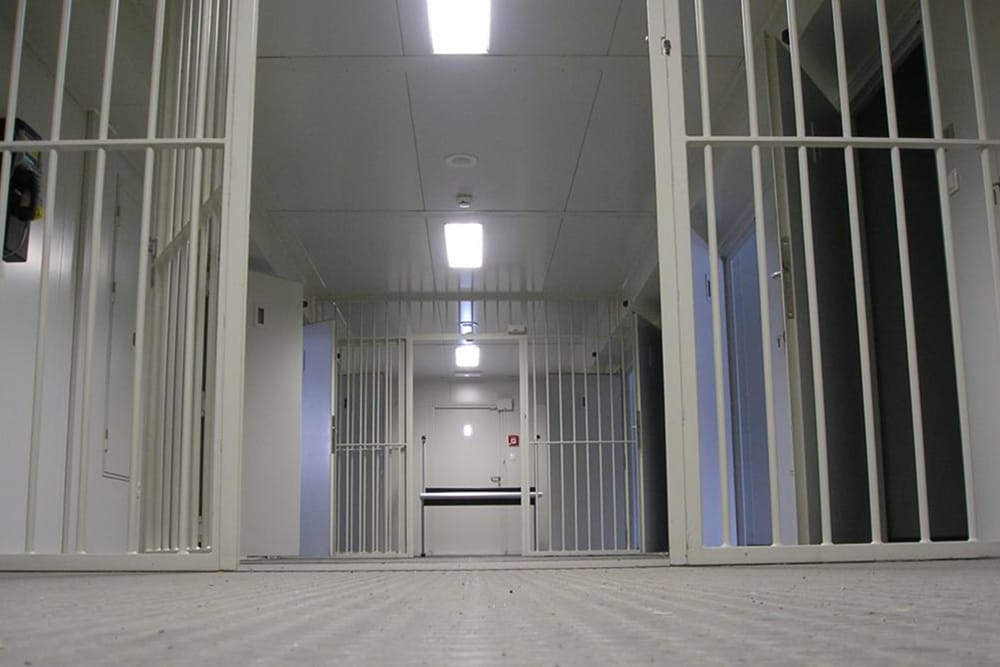
With war crimes trials coming home to BiH, defense attorneys say they must cope with low pay and courts biased against their clients. Prosecutors are just as unhappy as they must review 5,900 cases for possible prosecution and put up with suspects who are considered heroes by potential witnesses and even the police who are supposed to investigate them. The problems on both sides call into question the credibility of the new system.
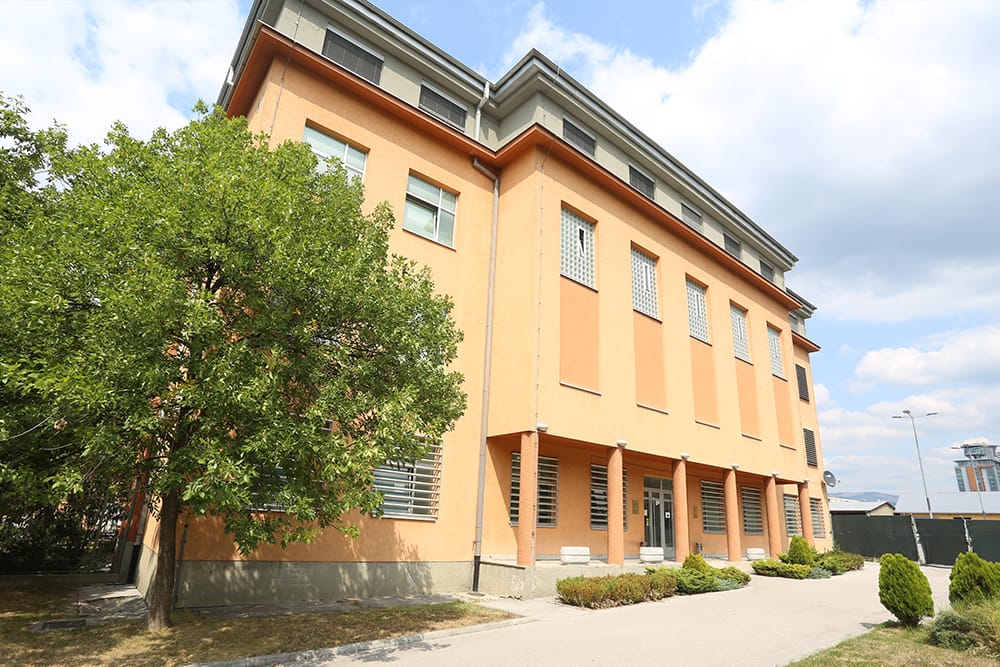
The newly constructed Court of BiH represents to many a new standard in justice but to many Serbs they know the building as a former Bosniak military court. They claim they were tortured and sentenced there and military court officials are working now in the reformed State Court system.
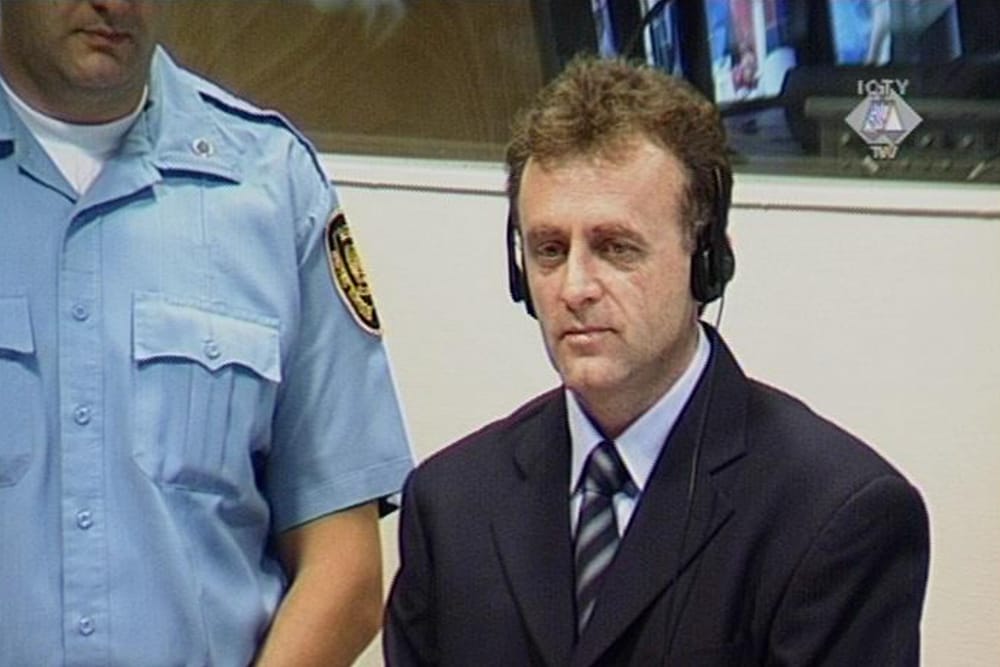
If Bosnia-Herzegovina, Croatia and Serbia cannot come up with an agreement on cooperating on extradition and other war crime issues, the new State Court of BiH may end up just trying Bosniaks. Without regional cooperation, can justice be served?
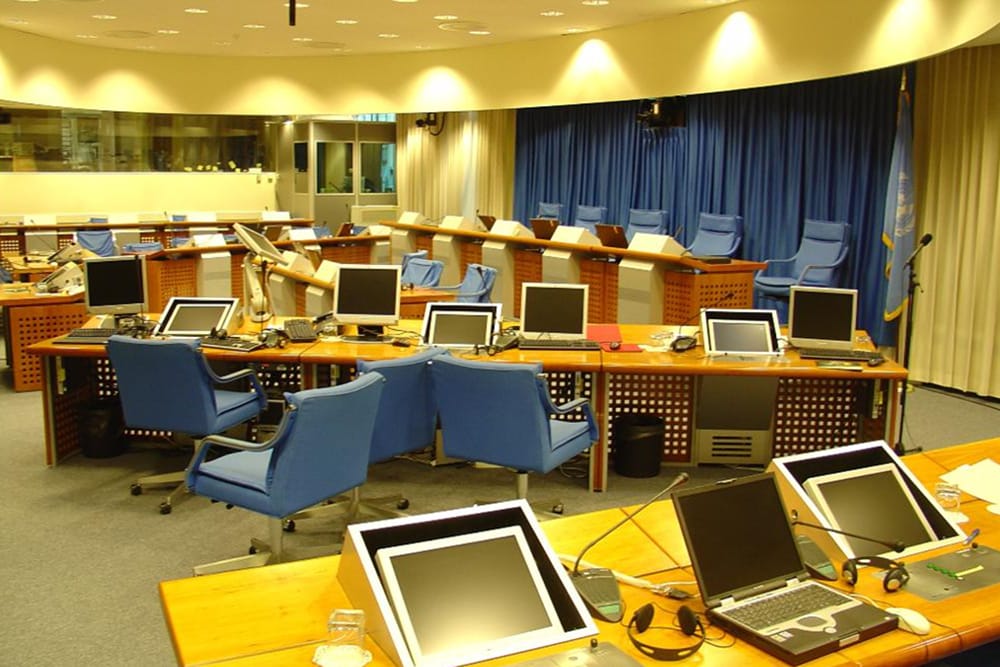
Bosnia-Herzegovina is set to receive its first cases from the ICTY. While the new War Crimes Chamber of the Court of BiH has international judges and experts, new facilities and €16 million for two years of funding, the majority of cases will go to district and cantonal courts that are overburdened, under funded and dangerously incapable of handling these complex cases.
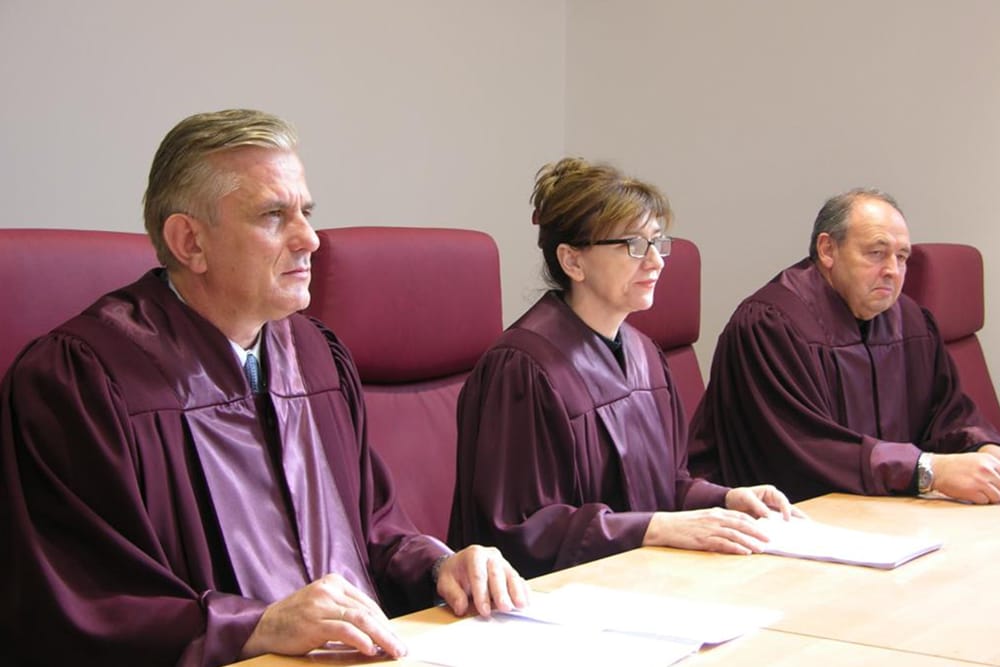
In 2003, the new War Crimes Chamber of the BiH State Court had 13 international donors to fund it, and the head of the High Representative’s Rule of Law Office promised that the appointment of judges was at hand.
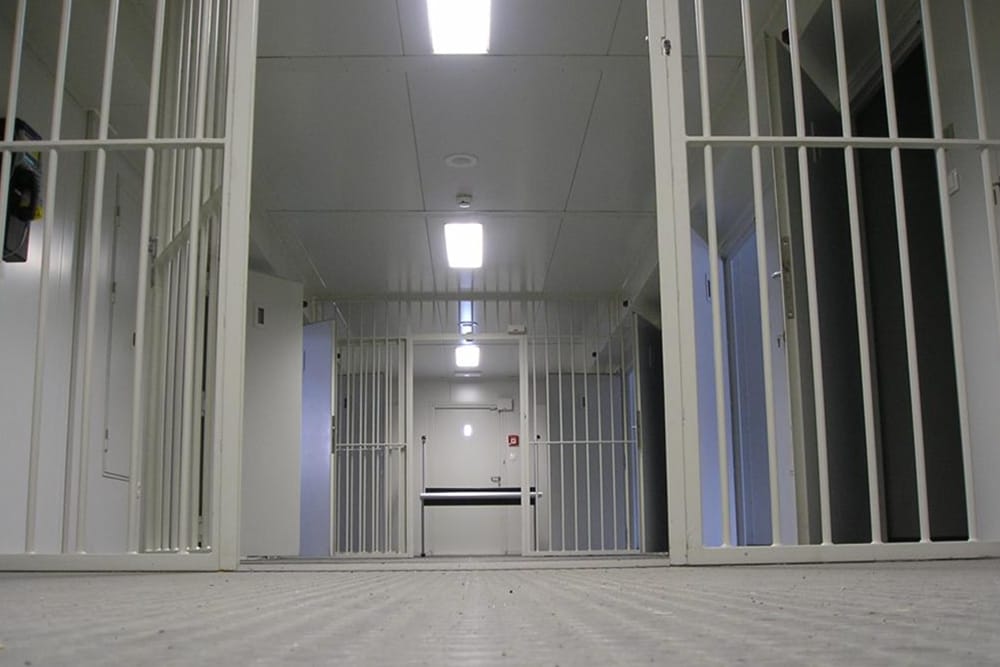
Prisoners may be better off staying in The Hague than face being sent to Bosnia-Herzegovina”s dangerous and crumbling prison system. The disparity in detention facilities between the new State Court War Crimes Chamber and the resources available to the lower courts is just one of the credibility issues facing the international community’s latest effort to spur reconciliation between the ethnic factions in BiH.
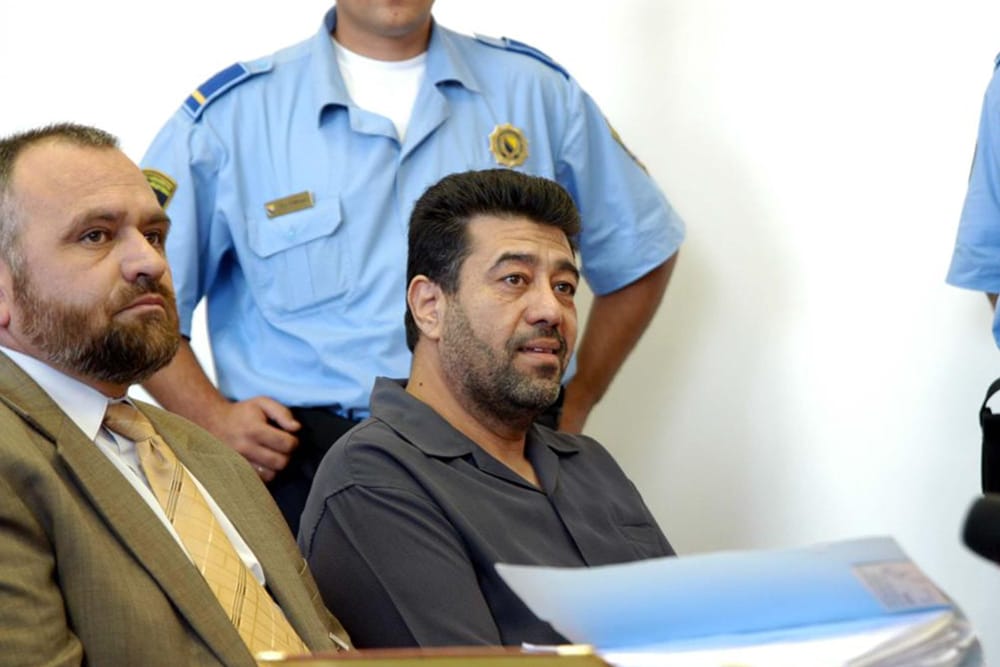
Abduladhim Maktouf, the first war crimes defendant to be tried in the BiH State Court, was convicted and sentenced to five years in prison. However, Maktouf”s history shows how war and crime mixed in odd ways in Bosnia-Herzegovina and how the first war crimes case was about much more than war crimes.
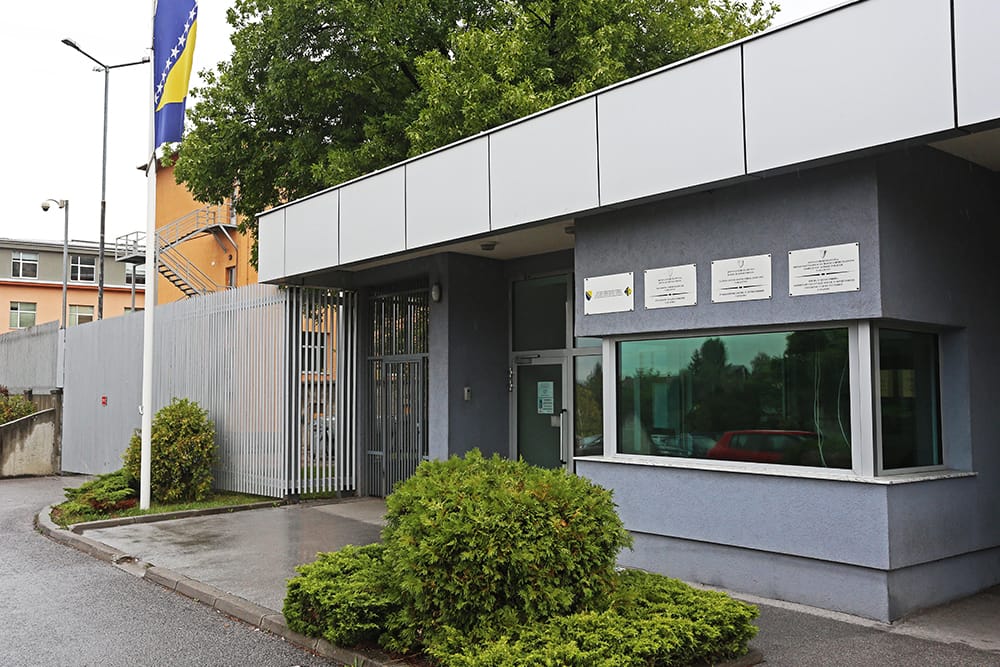
The new BiH War Crimes Court Chamber and truth and reconciliation commissions are promising the hope of changing hearts on all sides of the conflict. But court observers, international experts and even members of the court itself, agree that there are many logistical and political problems that threaten the success of the court, even with the backing of €16 million in international donations for the next two years.

Less than five months after British lawyer Paul Richard Garlick was sworn in as an international judge for the War Crime Chamber at the State Court, he has resigned from his two-year post for professional reasons.

For the second time in two weeks, an international judge has announced that he is leaving the new BiH War Crimes Chamber. Top court official Branko Peric is worried about these departures will weaken public faith in the judiciary and he says it is time for Bosnians to take over more power from foreign authorities in the selection of their international judges.

After years of lobbying for it, a medical expert believes a meeting to find solutions for BiH”s health system problems is finally about to take place.

Court officials and others say witness protection is the biggest challenge facing the court system. And while the Court of BiH’s new War Crimes Chamber has a program for protecting witnesses during trials, most war criminals will be tried in district and cantonal courts that have virtually no protection at all.

With war crimes trials coming home to BiH, defense attorneys say they must cope with low pay and courts biased against their clients. Prosecutors are just as unhappy as they must review 5,900 cases for possible prosecution and put up with suspects who are considered heroes by potential witnesses and even the police who are supposed to investigate them. The problems on both sides call into question the credibility of the new system.

The newly constructed Court of BiH represents to many a new standard in justice but to many Serbs they know the building as a former Bosniak military court. They claim they were tortured and sentenced there and military court officials are working now in the reformed State Court system.

If Bosnia-Herzegovina, Croatia and Serbia cannot come up with an agreement on cooperating on extradition and other war crime issues, the new State Court of BiH may end up just trying Bosniaks. Without regional cooperation, can justice be served?

Bosnia-Herzegovina is set to receive its first cases from the ICTY. While the new War Crimes Chamber of the Court of BiH has international judges and experts, new facilities and €16 million for two years of funding, the majority of cases will go to district and cantonal courts that are overburdened, under funded and dangerously incapable of handling these complex cases.

In 2003, the new War Crimes Chamber of the BiH State Court had 13 international donors to fund it, and the head of the High Representative’s Rule of Law Office promised that the appointment of judges was at hand.

Prisoners may be better off staying in The Hague than face being sent to Bosnia-Herzegovina”s dangerous and crumbling prison system. The disparity in detention facilities between the new State Court War Crimes Chamber and the resources available to the lower courts is just one of the credibility issues facing the international community’s latest effort to spur reconciliation between the ethnic factions in BiH.

Abduladhim Maktouf, the first war crimes defendant to be tried in the BiH State Court, was convicted and sentenced to five years in prison. However, Maktouf”s history shows how war and crime mixed in odd ways in Bosnia-Herzegovina and how the first war crimes case was about much more than war crimes.

The new BiH War Crimes Court Chamber and truth and reconciliation commissions are promising the hope of changing hearts on all sides of the conflict. But court observers, international experts and even members of the court itself, agree that there are many logistical and political problems that threaten the success of the court, even with the backing of €16 million in international donations for the next two years.
The Center for Investigative Reporting (CIN) in Sarajevo is unique in Bosnia and Herzegovina, the first organization of its kind to be established in Balkans. CIN is dedicated to investigative reporting, aimed toward providing fair and unbiased information, based on evidences and solid proof, to BiH citizens who need to make educated decisions.
Downloading of the content of the CIN is permitted with the mandatory reference to the source at www.cin.ba.
Svojim anonimnim prijavama doprinosite integritetu naše zajednice. Molimo vas da iskoristite ovu formu kako biste sigurno prijavili bilo kakvu sumnju u korupciju ili nezakonitu aktivnost koju primijetite. Vaša hrabrost ključna je za očuvanje naših vrijednosti i promicanje transparentnosti.